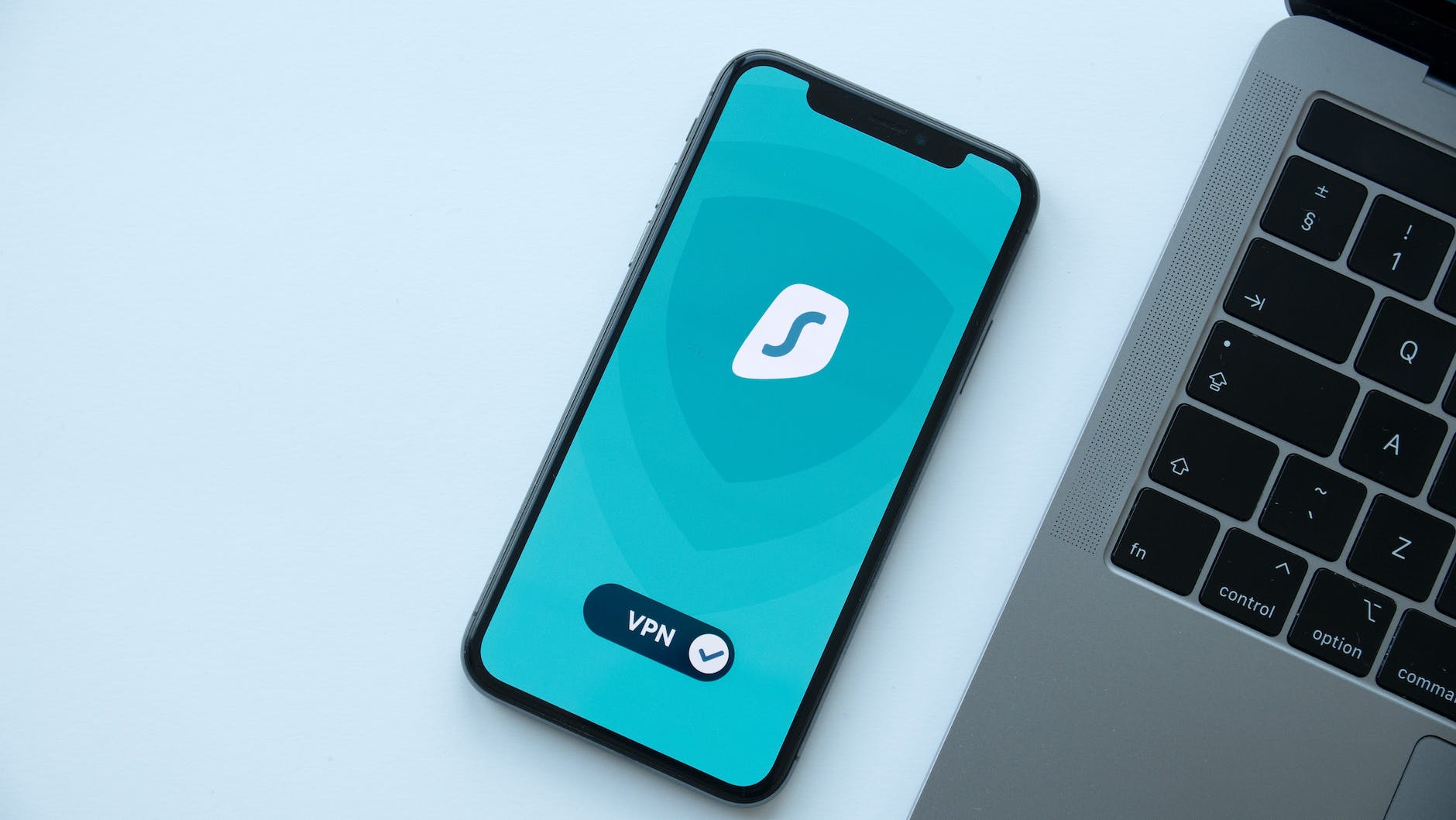
In today’s digital age, online privacy has become a hot topic for discussion, and for good reason. As more and more people spend time on the internet, the need to protect personal information and browsing habits from prying eyes is more crucial than ever. This blog post will delve into the importance of online privacy, the risks involved in using the internet without protection, and how a Virtual Private Network (VPN) can serve as an effective solution for maintaining privacy and security.
The Importance of Online Privacy
Online privacy refers to the ability of an individual to control the information they share, and the extent to which their online activities can be monitored or accessed by others. With so much of our lives now taking place on the internet, maintaining online privacy is essential for several reasons:
- Identity protection: Personal information, such as your name, address, phone number, and social security number, can be used by cybercriminals for identity theft, fraud, or other malicious purposes.
- Financial security: With the increasing popularity of online shopping and banking, protecting financial data and transactions from potential threats is vital to preventing fraud and monetary loss.
- Freedom of expression: Ensuring online privacy allows individuals to express their opinions and ideas without fear of retribution, monitoring, or censorship.
- Preventing online profiling: Many websites and online services collect and analyze your browsing habits to create a profile for targeted advertising or other purposes. By maintaining online privacy, you can limit the extent to which your online behavior is tracked and used for these purposes.
The Risks of Ignoring Online Privacy
Ignoring online privacy can leave you vulnerable to various risks, including:
- Cybercrime: Unsecured internet connections can be exploited by hackers to intercept your personal information, access your accounts, or even infect your devices with malware.
- Government surveillance: Many governments actively monitor their citizens’ online activities for various reasons, from national security concerns to censorship.
- Data breaches: As companies collect vast amounts of data on their users, the risk of data breaches increases. Such breaches can expose personal information, putting affected individuals at risk of identity theft and fraud.
- Invasive advertising: With the rise of targeted advertising, your online behavior can be tracked to create a profile of your preferences and habits, leading to invasive and unwanted ads.
How VPNs Can Safeguard Your Online Privacy
A Virtual Private Network (VPN) is a powerful tool that can help you maintain your online privacy and security. Here’s how a VPN can help mitigate the risks mentioned above:
- Encrypting data: A VPN encrypts your internet connection, making it nearly impossible for hackers or other third parties to intercept and decipher your personal information.
- Hiding your IP address: VPNs mask your IP address, making it difficult for websites, advertisers, and other online entities to track and profile your online activities.
- Bypassing censorship and surveillance: By connecting to a VPN server located in another country, you can circumvent government surveillance and access geo-restricted content.
- Secure public Wi-Fi: VPNs are particularly useful when connecting to public Wi-Fi networks, which are often unsecured and can expose your data to potential threats.
Conclusion
The importance of online privacy cannot be overstated, as it plays a critical role in safeguarding your personal information, financial security, and freedom of expression. By understanding the risks associated with ignoring online privacy and utilizing tools like a VPN to protect your data and browsing habits, you can enjoy a more secure and private online experience. Remember to choose a reliable and reputable VPN provider that prioritizes your privacy and offers robust security features to ensure the best protection possible.

